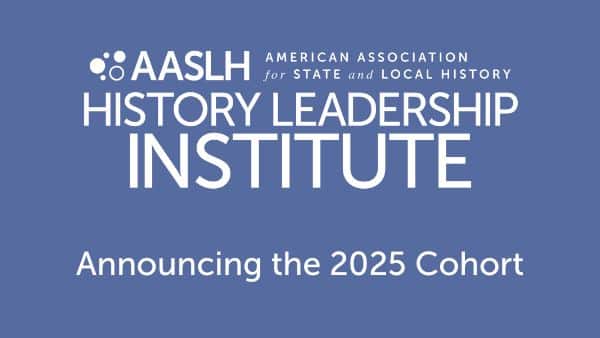
When I was in my mid-20s I was working on a community engagement grant project that involved bringing K-12 students and community members (from an African American neighborhood community) together to complete a local history project. It was a great project, won a bunch of awards, and resulted in lots of pats on the back (including the occasional self-indulgent ones). It was also the first time I had to professionally deal with the hard truth that not everyone likes museums, museums have historically had terrible relationships with communities of color, and not everyone thinks museum/history work is the best thing ever.
Google tells me that idealism is “the practice of forming or pursuing ideals, especially unrealistically.” Well I had some unrealistic expectations for sure. On one hand I had people telling me that this was an amazing project (I see how I would do things differently now, but it was and still is important work), boosting my ego, and on the other hand I had community members skeptical of my intentions, and using me as their outlet for decades’ worth of grievances, as well as teachers who had to manage all the things teachers manage in a large urban district. This added up to a logistical nightmare as well as some crushed idealism for this over-eager, idealistic, museum professional.

It took me a while to understand the full impact this project had on my professional life. It wasn’t really until I went to the three-week Developing History Leaders @SHA seminar (formerly the Seminar for Historical Administration) that I began to play around with this idea that my idealism was crushed through this project and why that was the best thing that could have happened to me at that point in my career. SHA allowed me to reflect on my career up to that point, pivot, and move in a slightly different direction in the field. The kind of time and space needed to do that is hard to come by when you are dealing with the daily grind of work, taking care of pets, significant others, houseplants, whatever. SHA provides that space for both personal and professional growth. Being around peers in the field who have similar stories helps you realize that you aren’t completely foolish, out of line, and, most of all, you aren’t alone. Hearing from leaders in the field who have had similar experiences and have used those experiences to propel their careers and institutions inspires your own work and can help you realize “I got this.” Whatever “this” is for you.
You’ve got this, and after attending SHA you have a whole group of people who know you’ve got this too.

Stacia and the SHA Class of 2012



